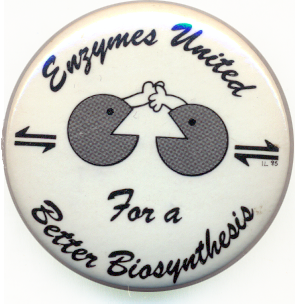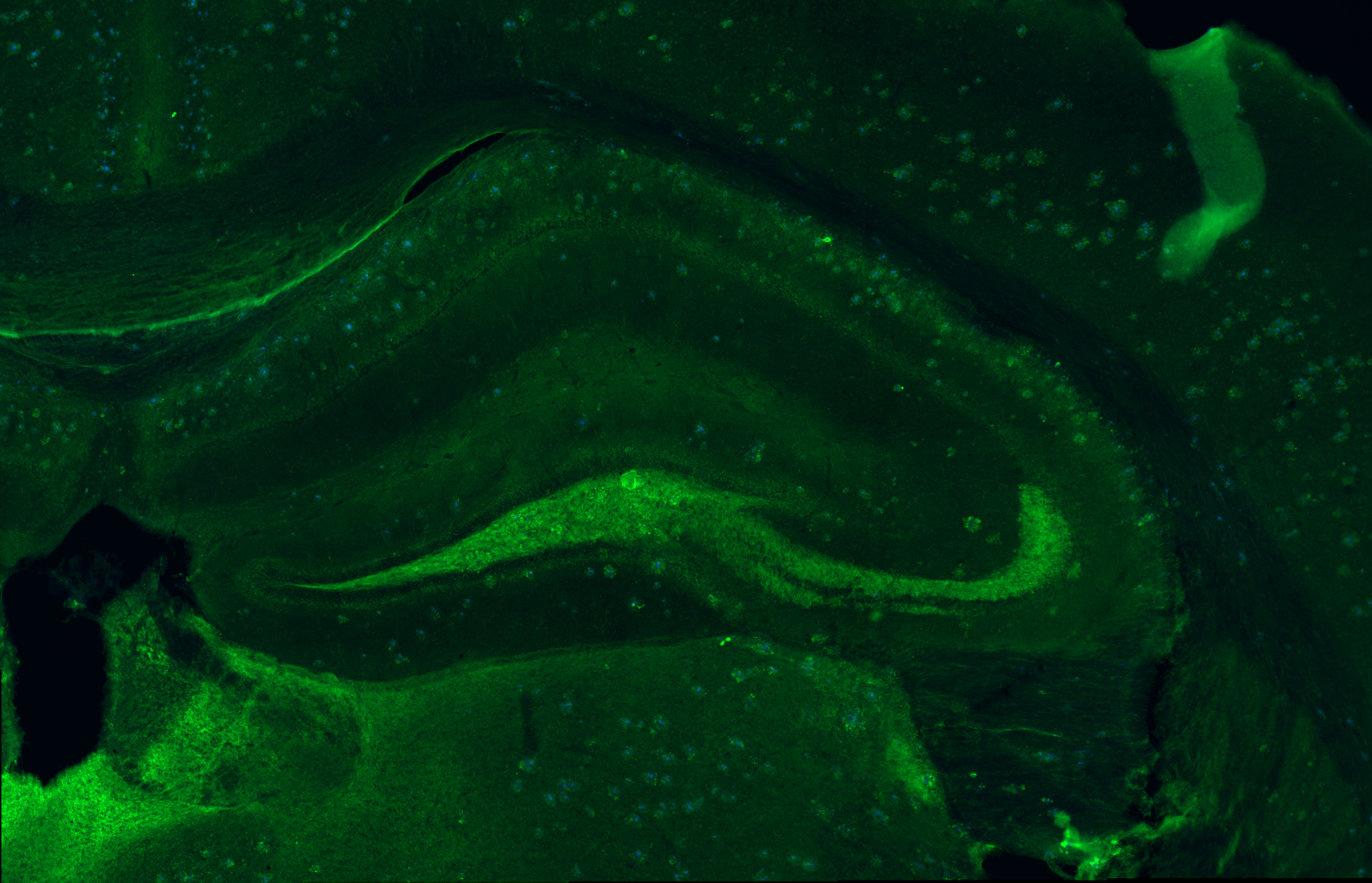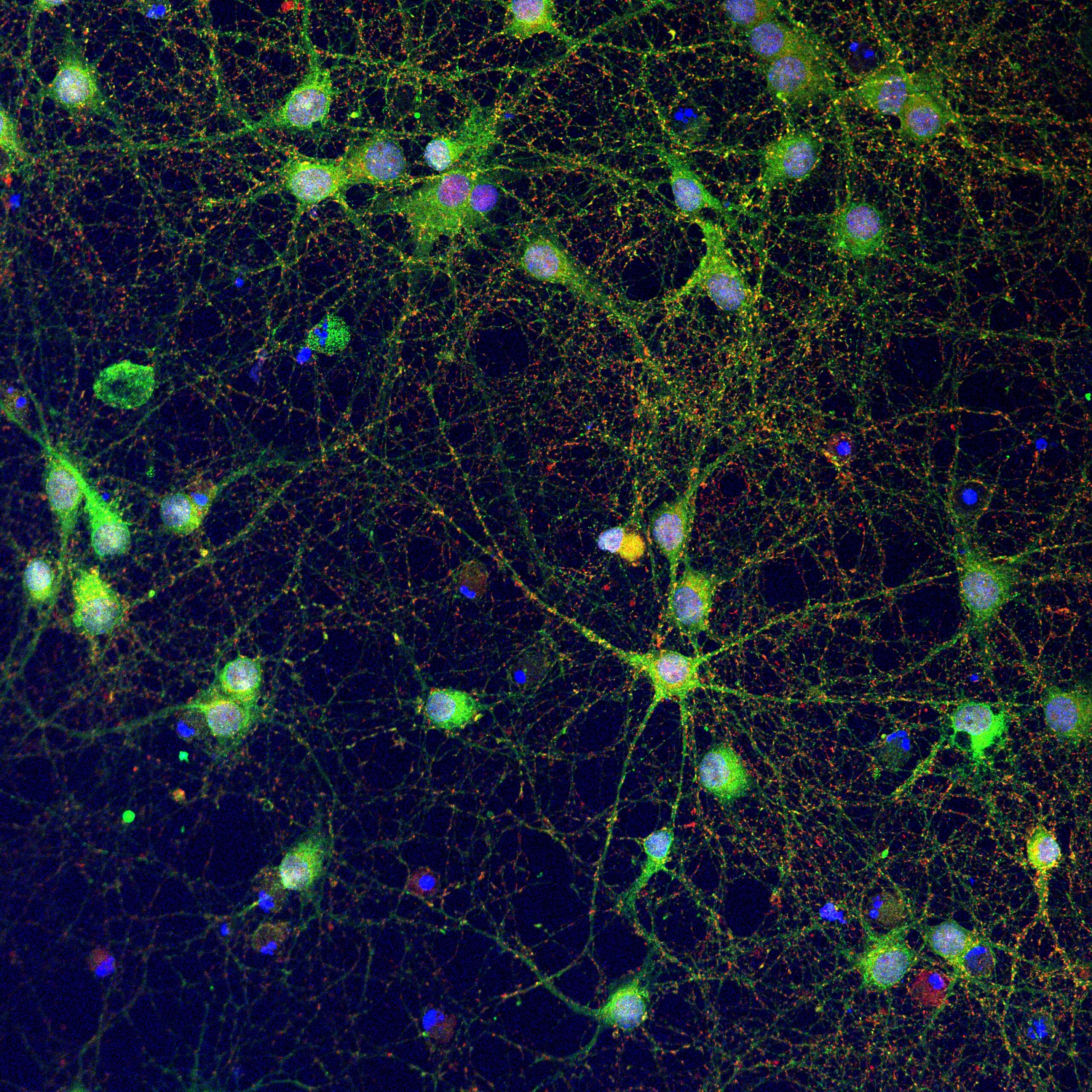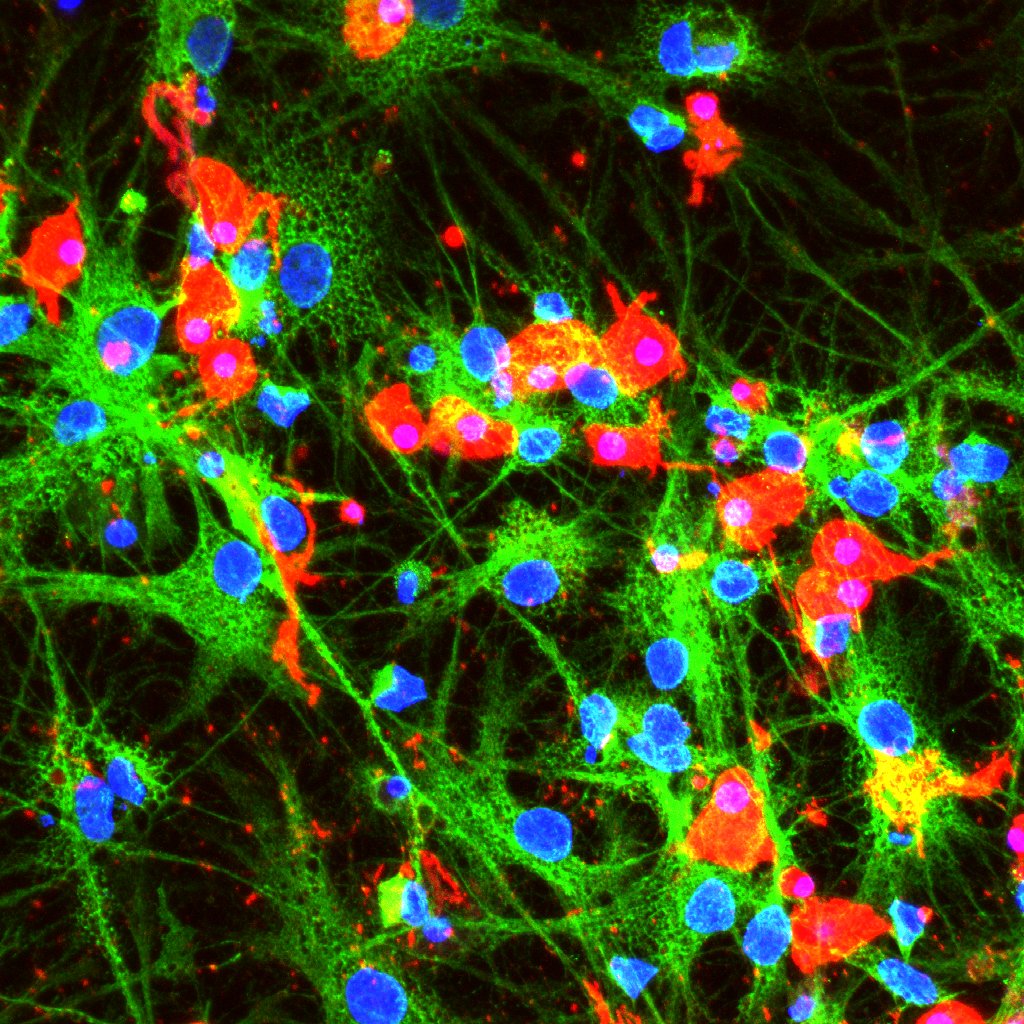Our Research
Our research questions center on the regulated secretory pathway in which signaling molecules are made. We are especially interested in the chaperone mechanisms used to maintain both the secretory pathway and the synaptic environment free of misfolded protein aggregates. We have discoveredthat two small chaperones, specifically expressed in neurons and endocrine cells, control the aggregation of a number of secretory proteins, including proteins known to be involved in neurodegeneration. We would like to better understand the physiological mechanisms thatthese chaperones use to control aberrant protein assembly and aggregation within the secretory pathway –as well as within the synaptic cleft.
What diseases do we study?
Our work on secretory chaperones is of potential interest to patients suffering from Alzheimer’s as well as the many other neurodegenerative diseases involving protein aggregation. By identifying natural mechanisms which act to block the progressive protein misfolding occurring both with aging and in disease, we hope to arrive at potential therapeutics that can be used to slow or halt proteostatic misfunction. Indeed one project has already shown a beneficial impact of chaperone overexpression on motor dynsfunction in Parkinson’s disease.
In a separate project, our studies on the important prohormone convertase known as PC1/3, which controls the initial biosynthetic step of neuropeptide/ peptide hormone production, are designed to mechanistically characterize human variants which are known to be strongly associated with the risks of obesity and diabetes.




